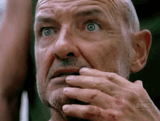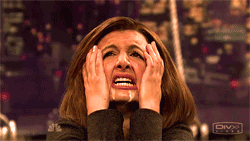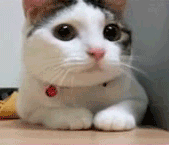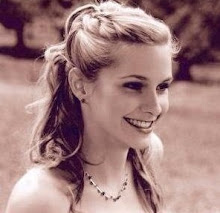When I was at college I did a film studies paper. One of the
first things we learned, and something that has stuck with me since then, was
that filmmakers have twenty minutes to hook the audience in. After twenty
minutes, if the audience hasn’t been hooked, then you’ve quite likely lost them.
They’re more likely to turn off the film and find something else to do.
Talk about pressure!


With books, it’s kind of the same. There is a lot of talk
about how the first lines really matter. It’s true, of course. First lines are
really important for setting the tone of the book for the reader. You can tell
a lot about a book from its first line, and often I’ll buy a book based on its
first line and writing style.
More than that though, I think with books it’s similar to films.
You have two chapters to hook the reader in. If your reader gets to the end of
chapter two and is still saying “I don’t have a clue what’s going on here, I’m
utterly and completely confused” then I think you have a problem.
I’m reading a novel at the moment which left me feeling the
same way. I got to 20% through and I still didn’t understand what was
happening. It was almost trying so hard to be captivating and mysterious that
it just fell short and left me tempted to put the book down. I persevered
though (a lot of people who reviewed this novel did not), and the story got
much more interesting and captivating. Once I got to 60% through the book I
finally cared about the characters and what was going on. The plot holes still
frustrate me and I wish there was a little more insight into how the situation
arose in the first place, but I care enough to want to finish the book.
 | |
| This is pretty much me with my current book. Except I'm not a male. And I don't wear jumpers like that. |
It goes to show how hard it is to get it right really. How
do you get it right? Is there any way of pleasing everybody? The answer to that
is probably not. Take Harry Potter for example. NPR recently listed the series
as number one on the best ever teen novels list yet for every ten thousand
people that love Harry, there is another thousand that can’t stand him.
My Dad once told me that people have differently wired
brains. Techy people and arty people typically have a different kind of ‘wiring’
in their brains. It’s not to say they can’t enjoy the same things, like
watching a Broadway show, listening to music or watching a sports game, it just
means their brains work differently. My Dad, he’s an electrical engineer and he’s
pretty good at math. Me, well I majored in Creative Industries and I’m terrible
at math. During high school, Dad would spend hours trying to teach me long
division and algebra because I just couldn’t get it through my head when my
math teacher would explain it in front of the class.
I remember Dad saying he had a math teacher once who had a
brain so mathematically wired, that he couldn’t understand how people didn’t understand.
He would get frustrated at his students when they couldn’t simply pick it up
after he’d explained it once or twice. The students, like me, probably had
their brain wired somewhat differently that they needed everything broken down
and practiced over and over before they understood. Those students though could
possibly have excelled in creative writing or piano playing or art while the
math teacher quite possibly could have struggled.
 |
| This is me when I can't get my head around Trig... |
I mention all this because it could come into play when
reading a book. The fact that I haven’t been able to engage in this book until I’m
60% of the way through could be entirely different for someone else, someone
who’s thought processes are entirely different. They might be hooked from the
first sentence, whereas they might also find a book that I loved really hard to
read.
So how do you combat this? I honestly, have no idea! I wish
I had the answers. Then again, if I did, I’d probably be on the track to being
the next J.K. Rowling by now…
 |
| It's just cute, yeah? |
What do you look for in an opening line? An opening chapter
or even the first quarter of a book? Do you like the ‘I’m not going to say much
about what’s going on so you can try and figure it out later’ kind of thing or
the ‘I know what’s going on and I like the way the story is progressing?’ I’m
curious…. Do tell!

No comments:
Post a Comment